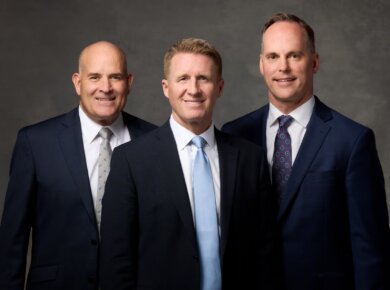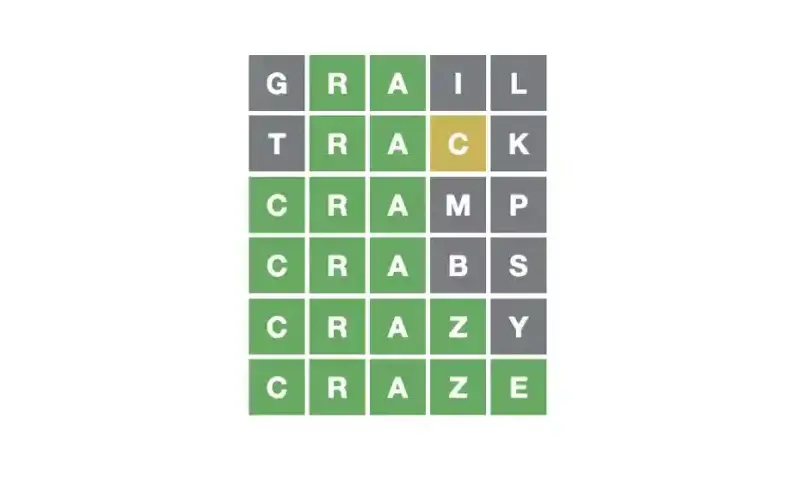Come Follow Me LDS 2022 (Feb 7-13) Genesis 12-17 & Abraham 1-2 | The Great Promise – powered by Happy Scribe
Abram about to be offered up as a sacrifice to false gods by wicked priests, including his father says, I Abraham saw that it was needful for me to find another place of residence. Yeah, but as the priests lift up their hands to kill him, Abram prays unto the Lord and an angel immediately appears, loses his Brandt, breaks the altar and destroys the false gods. Abram then hears the Lord say, My name is Jehovah and I have come to deliver thee and take thee away from thy father’s house. I will lead thee by my hand and my power shall be over thee. So Abram, seeking greater happiness and rest for himself elsewhere, promptly leaves his wicked father and follows the Lord.
After leaving his wicked father’s house, Abram seeks knowledge and a priesthood ordination from an authorized source which leads him to Milk isn’t the keeper of the Lord’s storehouse to whom he pays tithing. Milk Isoudek blesses Abram ordains him to the priesthood and teaches him about the priesthood and Jesus Christ. Now, as a youth, Milkinsidek had such great faith in God that he drew upon God’s power to pacify Savage Lions and put out uncontrollable fires as an adult. Nokisedic is a righteous man of faith who worships the true and living God and is an ordained high priest. In fact, he is the Prophet King of Salem where he establishes righteousness and peace.
Another cool fact is that Salem eventually becomes just like the city of Enoch and is translated and taken up into heaven. Because Melchizedek is such an exceptionally righteous high priest, the Lord’s High Priesthood is commonly called after his name, the Melchizedek Priesthood. So, armed with priesthood power received through Milkhizidek, Abra marries a very righteous and beautiful woman named Sarah. Together they faithfully and obediently try to do everything the Lord commands them to do. Because of this, the Lord makes a Covenant with Abraham and Sarah and gives them the new names of Abraham and Sarah.
To signify this Covenant. God promises to give Abraham the land of Canaan, that his posterity will be as numerous as the stars in the sky, and that all the families of the Earth will be blessed through his posterity. Now we know a Covenant is an agreement between two people who promise to do something for each other. And this great promise is called the Abrahamic Covenant, which in a nutshell means that God promises to be our God and we promise to be his people. This Covenant is at the foundation of not only thousands of years of history, but is one of the key things that distinguishes God’s Kingdom on Earth.
Let’s break it down. Like all eternal covenants, God set the terms of the Abrahamic Covenant. Our side of the Covenant starts with being baptized and adopted into the family of Abraham. We promise to keep His Commandments, follow the Covenant path, and bless all nations of the Earth by sharing the gospel with them. Our goal is to become true disciples of Jesus Christ, spreading his love.
His part of the Covenant includes giving us power, ordinances and priesthood in this life and eventually the greatest gift of all exaltation in the life to come. Okay, Abraham and Sarah really want children. They even have the comforting promise that they’ll have a number of posterity. But Sarah goes many Mary years without having children, which is heartbreaking to her because that was supremely important in their culture. So they try to solve the problem their own way.
Not realizing the great miracle God still has planned for them. Sarah gives her handmade Hagar to Abraham as a wife so he can have children with her, as was the practice in those days. When Hagar becomes pregnant, however, Sarah develops the very human emotion of jealousy and makes Hagar’s life so rough that she leaves. Fortunately, the Lord is aware of Hagar and sends an angel to take care of her and soothe the wounds caused by Sarah’s jealousy. Things apparently get smoothed over and Hagar returns to live with Abraham and Sarah before giving birth to Ishmael.
Ultimately, things didn’t work out for Hagar and Ishmael living with Abraham. But the angel of the Lord continues to watch over them. And God bless Ishmael today, Ishmael is considered the father of many people living in the Middle East like the rest of us. Abraham and Sarah weren’t perfect, but as they tried their best, they were blessed, just as we will be when we do our best to secure all the blessings promised to Abraham. But what about the promised posterity for Sarah and Abraham?
If they remain faithful, we’ll talk about that miracle next time.
It takes a lot to make these videos so to keep line upon line free for everyone. Consider donating the links in the description below and thanks for watching. This episode is packed with info so you might want to watch it again to make sure you didn’t miss anything, including the hilarious jokes. If you feel this video has helped you on your path towards truth and Christian discipleship, please subscribe and share. Most importantly, go read the scriptures for yourself.


















